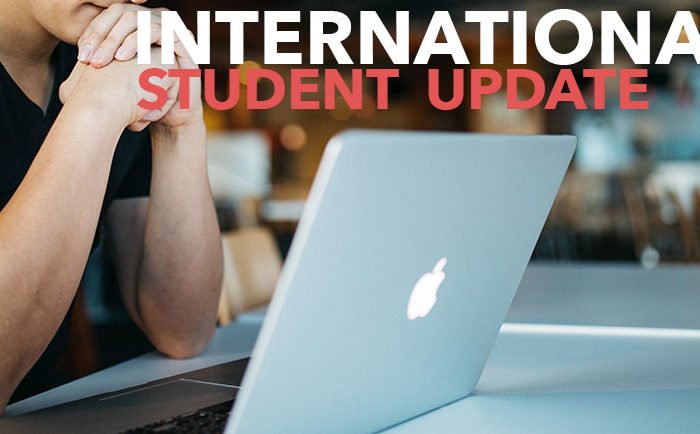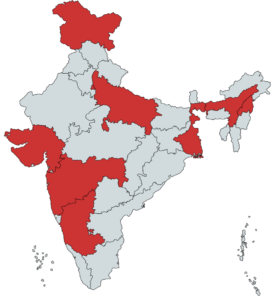 Yes, you read that right. Canadian schools that have the COVID-19 readiness plans in place can now start accepting new study permit holders ( as of October 20th ). So, before you start backpacking to come to Canada, make it is on the Designated Learning Institutions (DLIs) list first, as only they have been approved to do so yet. Students who are not going to be attending a DLI shall not be allowed to board the flight to Canada.
Yes, you read that right. Canadian schools that have the COVID-19 readiness plans in place can now start accepting new study permit holders ( as of October 20th ). So, before you start backpacking to come to Canada, make it is on the Designated Learning Institutions (DLIs) list first, as only they have been approved to do so yet. Students who are not going to be attending a DLI shall not be allowed to board the flight to Canada.
The DLIs, in order to welcome the incoming international students, need to have a coronavirus readiness plan approved by their province or territory. They should have outlined plans which should describe how they intend to manage the mandatory quarantine period for students, including arrangements for transportation to the student’s quarantine location. Also, they must provide real-time information to the students regarding where they can get the items for the quarantine such as food, medicine, and health insurance. Prospective students should get in touch with their respective schools directly should they have questions regarding the readiness plans.
Previously, only those international students who had received a valid study permit as of March 18, 2020, could travel to Canada; however, as of now, the DLIs can accept students regardless of when they obtained the study permit.
Here’s the lowdown on the current update:
If you plan to enter Canada as a student, you would need to meet these two requirements:
- You must possess a valid study permit or a letter of introduction that shows you were approved for a study permit.
- You must be potentially attending a designated learning institution (DLI) with a COVID-19 readiness plan approved by its province or territory.
Your travel to Canada will be considered essential only if you have all of the required documents and your DLI is on the approved list.
As a student, your travel to Canada won’t be considered essential if:
- your study program has been cancelled or suspended
- you’re entering Canada for any reason other than to study
Students would still need to quarantine for 14 days once they arrive in Canada.
As of this writing, all post-secondary DLIs in Quebec are approved. 39 post secondaries are open in Alberta and British Columbia, 10 in Manitoba, 13 in New Brunswick, 3 in Newfoundland & Labrador, 14 in Ontario, 5 in Prince Edward Island, 7 in Saskatchewan and one in Yukon. DLIs have not yet been approved in the provinces of Nova Scotia, Nunavut, or North West Territories.
IRCC UPDATES FOR INTERNATIONAL STUDENTS OCTOBER 2020
- As mentioned earlier, your visa would remain in a deactivated state if your college is not on the COVID-19 ready list (for those who have received visas)
- If you currently have an AIP (Approval in Principle) for 2021, then you must have deferred the program and also must have notified the IRCC about the deferral with the new LOA (Letter of Acceptance) through the web form on their site.
- Only those applicants whose DLIs are on the list will be prioritized and advance to the next stage of approval.
- Even if you are going to be completing a full year of your course online, you will still be eligible for a PGWP (1year programs)
- Students whose classes would start in January can enter Canada 3 weeks prior to their first day of class.
- To enter Canada, you don’t require a POE (Port of Entry Letter) if your DLI is on the approved list. You would however need to carry your LOA (Letter of Acceptance), quarantine package from your DLI (or quarantine plan), passport and visa. CBSA officers will ask proof or supporting documents for the information you mention in the quarantine plan.
- When the VACs open, the request for Biometrics will be sent. You may give Biometrics in any other country, but not upon arrival to Canada (No biometrics, No visa)
- The DLI list shall be updated every 2 weeks










